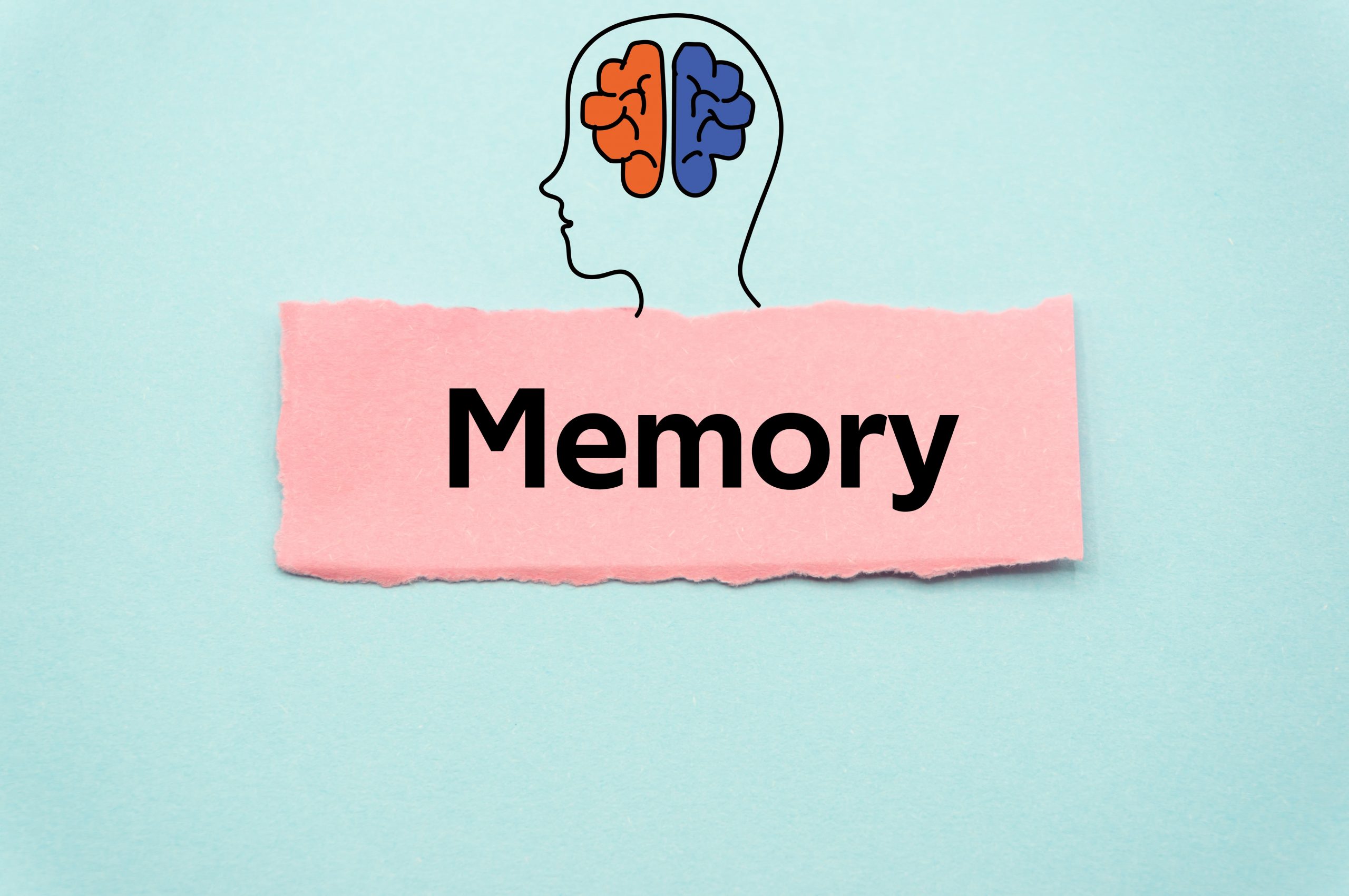The brain, a remarkable organ responsible for our thoughts, emotions, and actions, requires proper nourishment to function at its best. The food we eat plays a vital role in supporting brain health and cognitive function. Research has revealed a strong connection between nutrition and brain health, emphasizing the importance of a balanced diet for optimal cognitive performance. In this article, we will explore the link between brain health and nutrition and discuss key nutrients that support cognitive function.
- Omega-3 Fatty Acids: Omega-3 fatty acids, particularly docosahexaenoic acid (DHA), are essential for brain health. They are crucial components of brain cell membranes and support proper brain function. Consuming foods rich in omega-3 fatty acids, such as fatty fish (salmon, mackerel, sardines), walnuts, chia seeds, and flaxseeds, can help improve cognitive function, memory, and overall brain health.
- Antioxidants: Antioxidants are compounds that help protect the brain from oxidative stress and inflammation, which can contribute to cognitive decline and neurodegenerative diseases. Consuming a variety of antioxidant-rich foods, including berries (blueberries, strawberries), dark chocolate, green leafy vegetables, and colorful fruits, can help reduce the risk of cognitive decline and support brain health.
- B Vitamins: B vitamins, including vitamins B6, B12, and folate, are essential for brain health and function. They play a crucial role in producing neurotransmitters, the chemical messengers that facilitate communication between brain cells. Good sources of B vitamins include whole grains, legumes, leafy greens, eggs, and lean meats. Adequate intake of B vitamins can support memory, mood, and overall cognitive function.
- Curcumin: Curcumin, a compound found in turmeric, has gained attention for its potential brain-boosting properties. It has anti-inflammatory and antioxidant effects, which may help protect against cognitive decline and improve memory. Incorporating turmeric into your diet, whether in curries, smoothies, or as a supplement, can provide potential brain health benefits.
- Polyphenols: Polyphenols are plant compounds that have been associated with cognitive benefits. They have antioxidant and anti-inflammatory properties and may help protect against age-related cognitive decline. Foods rich in polyphenols include green tea, dark chocolate, berries, and colorful fruits and vegetables. Adding these foods to your diet can contribute to brain health and cognitive function.
- Hydration: Proper hydration is essential for optimal brain function. Even mild dehydration can negatively impact cognitive performance, attention, and memory. Drinking enough water throughout the day is crucial for staying hydrated and supporting overall brain health.
- Mediterranean Diet: The Mediterranean diet, rich in fruits, vegetables, whole grains, legumes, fish, and healthy fats (olive oil, nuts), has been associated with numerous health benefits, including brain health. This eating pattern provides a variety of nutrients and antioxidants that support cognitive function and may help reduce the risk of age-related cognitive decline.
- Sugar and Processed Foods: High consumption of added sugars and processed foods has been associated with cognitive impairments, including memory problems and reduced brain volume. It is important to limit the intake of sugary beverages, sweets, and processed snacks, as they provide little nutritional value and may have detrimental effects on brain health.
- Mindful Eating: In addition to choosing brain-healthy foods, practicing mindful eating can further support brain health. Mindful eating involves paying attention to the sensory experience of eating, being aware of hunger and fullness cues, and savoring each bite. This practice can help regulate food intake, promote












